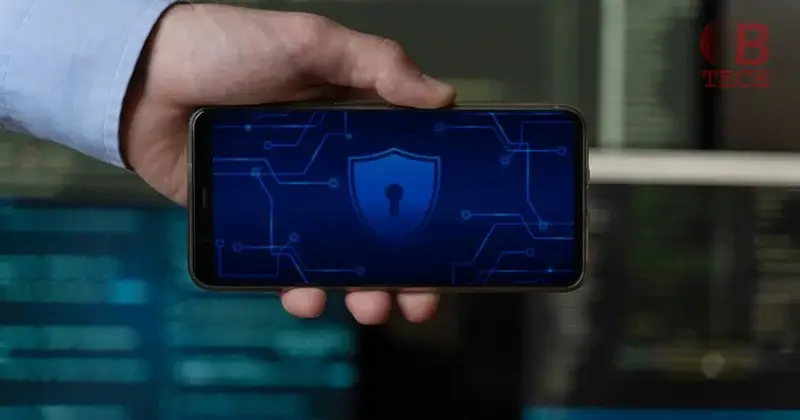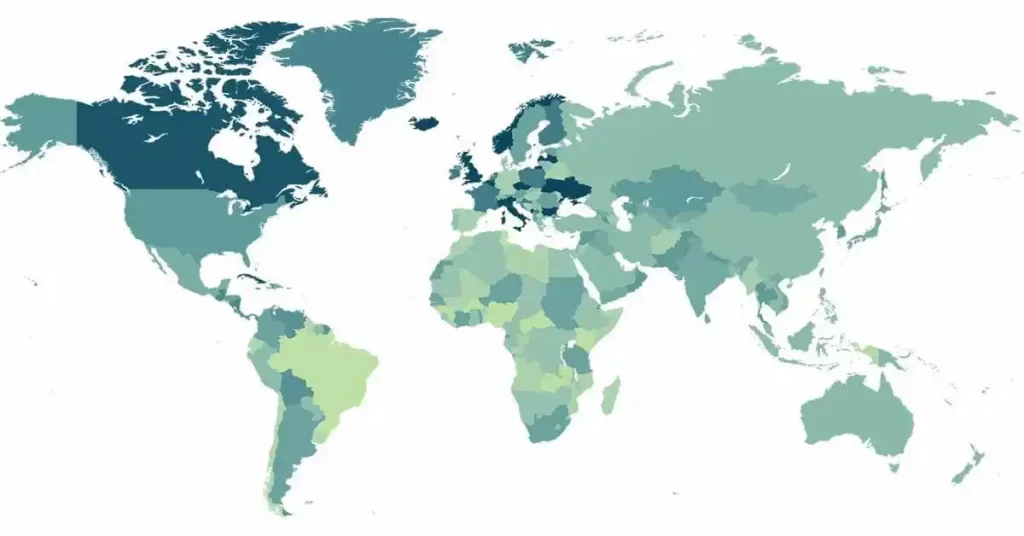Call recording serves as an indispensable asset and is widely implemented in customer service operations. Nevertheless, its application demands a high degree of vigilance and responsibility to conform to legal stipulations. The onus lies with your customer service hub to faithfully comply with these directives. We won’t philosophize about the importance of call recording, since you probably already understand the value of the technology. Let’s focus on the legal and ethical aspects of using phone recording for business.
Legal Considerations
If you run a small business, you’ll want to pay careful attention to call recording practices to stay on the right side of the law and respect customer privacy. This applies to both the iPhone call recorder app and internal company policies. Related questions: “Is call recorder app safe?” and “Are there any risks associated with this?” This cannot be done without testing and quality control. If you want advice, then try iCall call recorder. It’s easy to use, offers a free trial period, is quite reliable and can even be used as an iPhone phone recorder.
Get Consent Before You Hit Record
Firstly, you must have consent to record phone conversations, as many places legally require it. While implied consent might sometimes be assumed, it’s much safer to get explicit permission. This not only helps prevent legal headaches but also builds trust with your customers.
Clearly Inform Your Callers
When you’re about to record a call, you’ve got to give a heads-up to the person on the other end. Right when the call starts, make it clear that the call will be recorded, explain why, and provide options for those who prefer not to be recorded.
Follow the Law to the Letter
Know that your local and federal laws are the rule book for call recording. Requirements can vary widely; some states insist that everyone in the call agrees to recording, while others are okay if just one person consents. At the federal level, laws like the Electronic Communications Privacy Act (ECPA) set boundaries on how and when you can record calls, especially concerning intercepting and sharing communications.
Industry-Specific Rules May Apply
In certain sectors, like healthcare, there’s an extra layer of regulations. Take HIPAA, for example—it demands strict control over how health-related information is recorded, stored, and shared. By nailing down these details, your small business can use call recording effectively and ethically, keeping you compliant and customers comfortable.
Legal and Ethical Practices for Implementing Conversation Recording
Be transparent
It is important to note that the legal requirements for recording phone calls vary by country and state, with some regions not mandating prior consent from the caller. Nevertheless, transparency remains a recommended practice. Establishing a foundation of trust with your customers is imperative; undisclosed recordings may lead to discomfort or suspicion among callers.
Transparency is key, and customers universally appreciate being informed. Employing technology such as interactive voice response (IVR) systems, or having call agents deliver a clear notification script at the start of a conversation, is a proactive approach to maintain compliance with regulations and uphold ethical standards.
Provide Information About Your Security Measures

The integrity of your call recording storage is paramount—not only to uphold consumer trust but also to prevent potentially severe legal fallout.
To begin, fortify the physical premises that house your data. Implement robust access controls such as keycard or badge entry systems to thwart any unauthorized attempts to physically breach your data reservoirs.
Subsequently, align with a data storage solution renowned for its stringent security protocols—including advanced encryption techniques and the regular rotation of passwords. This comprehensive approach will contribute significantly to the fortification of your digital assets against the evolving threats posed by cyber intrusions.
Request Only the Information You Need
It’s imperative to handle private data such as medical details, credit card numbers, and personal identifiers with utmost care. Retaining recordings that contain this information is not only often against the law but also poses a significant risk to consumer privacy.
To protect sensitive customer information during transactions, consider implementing a PCI-compliant payment system within your customer service operations. This advanced system is designed to halt audio recording while such critical data is being entered by an agent and resumes once the process is complete.
Request personal details from clients only when it is strictly required, and always provide options for the customer’s comfort and security. They should have the choice to verbally relay the information or, preferably, use their own device’s keypad to input the data confidentially.
Conclusion
Navigating the intricate waters of call recording legislation demands meticulous attention. With laws that are not only stringent but also in constant flux, it is crucial for your customer service division to conduct thorough research and seek guidance from authoritative sources to remain compliant.



